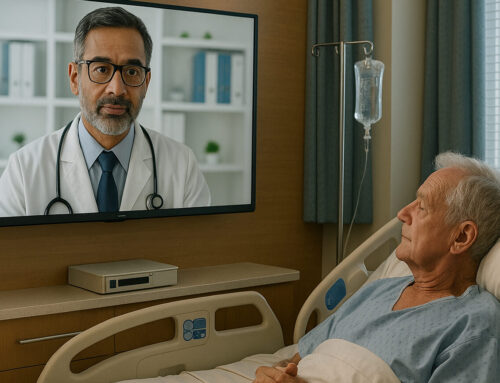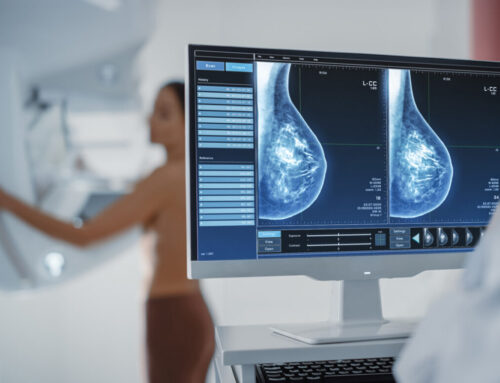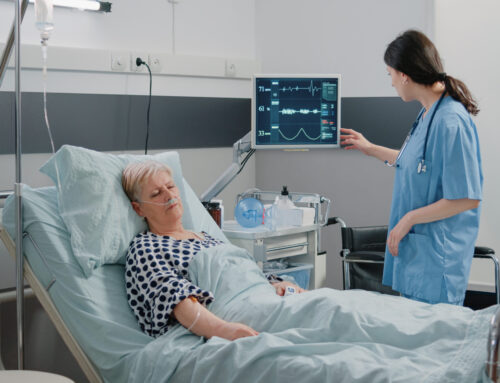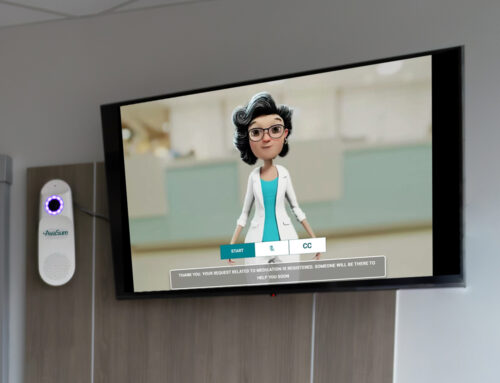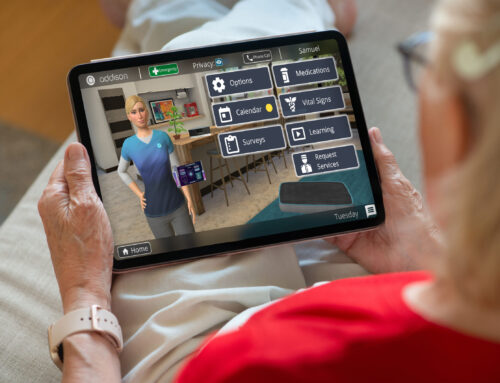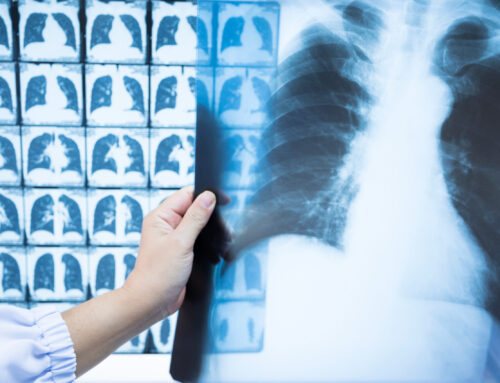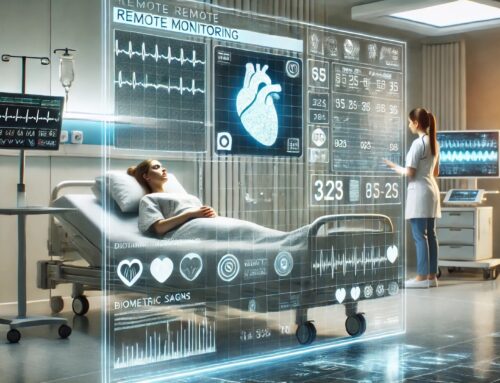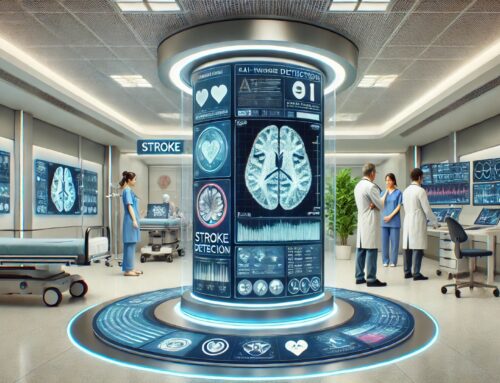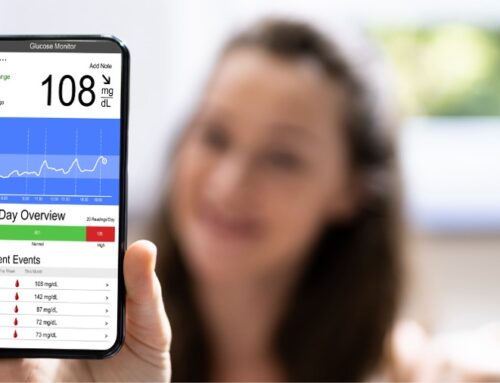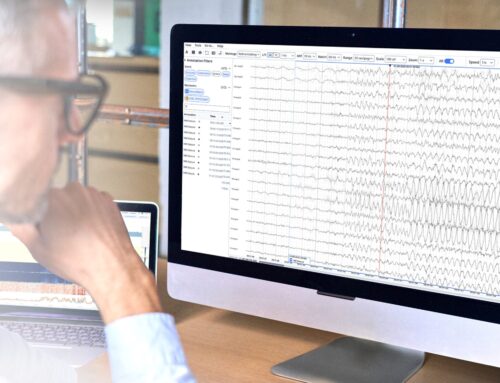Vagus nerve stimulation (VNS) holds promise to treat some of the most serious health conditions like Crohn’s disease, rheumatoid arthritis and even obesity. To better understand stimulation intensity benchmarks during treatment, researchers from the Institute of Bioelectronic Medicine at The Feinstein Institutes for Medical Research measured the neurological and physiological responses to VNS under various conditions and determined the minimal effective dose of stimulation. The study was recently published in the Journal of Neural Engineering.
VNS refers to electrical stimulation of the vagus nerve and is a major focus of the emerging field of bioelectronic medicine and its ability to reduce inflammation – a trigger for many diseases like Crohn’s and lupus. The vagus nerve helps the brain communicate with the body’s organs and controls functions like heart rate, breathing and gastrointestinal function. VNS is delivered, often through implanted devices, at increasing intensity until a biological response is observed (i.e. a change in heart rate or a behavioral response). This change is considered a VNS dose threshold and aids in the calibration for treatment. Factors affecting VNS dose thresholds have not been studied before and, as a result, VNS treatments cannot be systematically calibrated.
The study, led by Stavros Zanos, MD, PhD, looked into which factors may affect these dose thresholds. Researchers developed acute and long-term vagus nerve implants to stimulate the vagus and measure thresholds in rats. Their findings show that during VNS, changes in blood pressure and breathing occur at low intensities, followed by a change in heart rate and finally apnea. Anesthetized subjects had a higher threshold than awake subjects. Thresholds were also higher in older implants than in more recent implants.
“Accurately calibrating VNS intensity is a critical step in delivering safe and effective therapies in a personalized manner. In essence, it would help us refine the dose that is needed in a particular individual to achieve a therapeutic effect while minimizing side effects,” said Dr. Zanos, assistant professor at the Feinstein Institutes. “By studying the various factors impacting the VNS dose, it will help us conduct more informative bioelectronic medicine research and inform future clinical therapies.”
With the study of stimulation thresholds, scientists can maintain a consistent dose of stimulation in preclinical research and ultimately in clinical research of VNS. With this fundamental understanding of VNS threshold variables, proper calibration of stimuli can take place before other studies examine the efficacy of VNS in various diseases.
“The hope and promise of bioelectronic medicine is being advanced by basic studies in neurophysiology,” said Kevin J. Tracey, MD, president and CEO of the Feinstein Institutes. “Dr. Zanos’ leadership in studying the vagus nerve provides important new insights that can be translated into clinical study.”
The Feinstein Institutes, the global scientific home of bioelectronic medicine, is a leader in this emerging field of medical research. Recently, Dr. Zanos and his team unveiled a long-term implant model for VNS in mice that successfully modulates heart rate and inflammatory proteins, changing the way preclinical bioelectronic medicine research is conducted. And in October 2020, the team shared new research around a novel method to observe the effects of VNS by non-invasively measuring bodily responses.
About the Feinstein Institutes
The Feinstein Institutes for Medical Research is the research arm of Northwell Health, the largest health care provider and private employer in New York State. Home to 50 research labs, 3,000 clinical research studies and 5,000 researchers and staff, the Feinstein Institutes raises the standard of medical innovation through its five institutes of behavioral science, bioelectronic medicine, cancer, health system science, and molecular medicine. We make breakthroughs in genetics, oncology, brain research, mental health, autoimmunity, and are the global scientific leader in bioelectronic medicine – a new field of science that has the potential to revolutionize medicine. For more information about how we produce knowledge to cure disease, visit http://feinstein.northwell.edu and follow us on LinkedIn.


